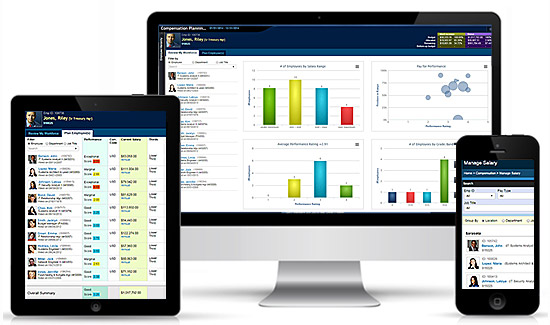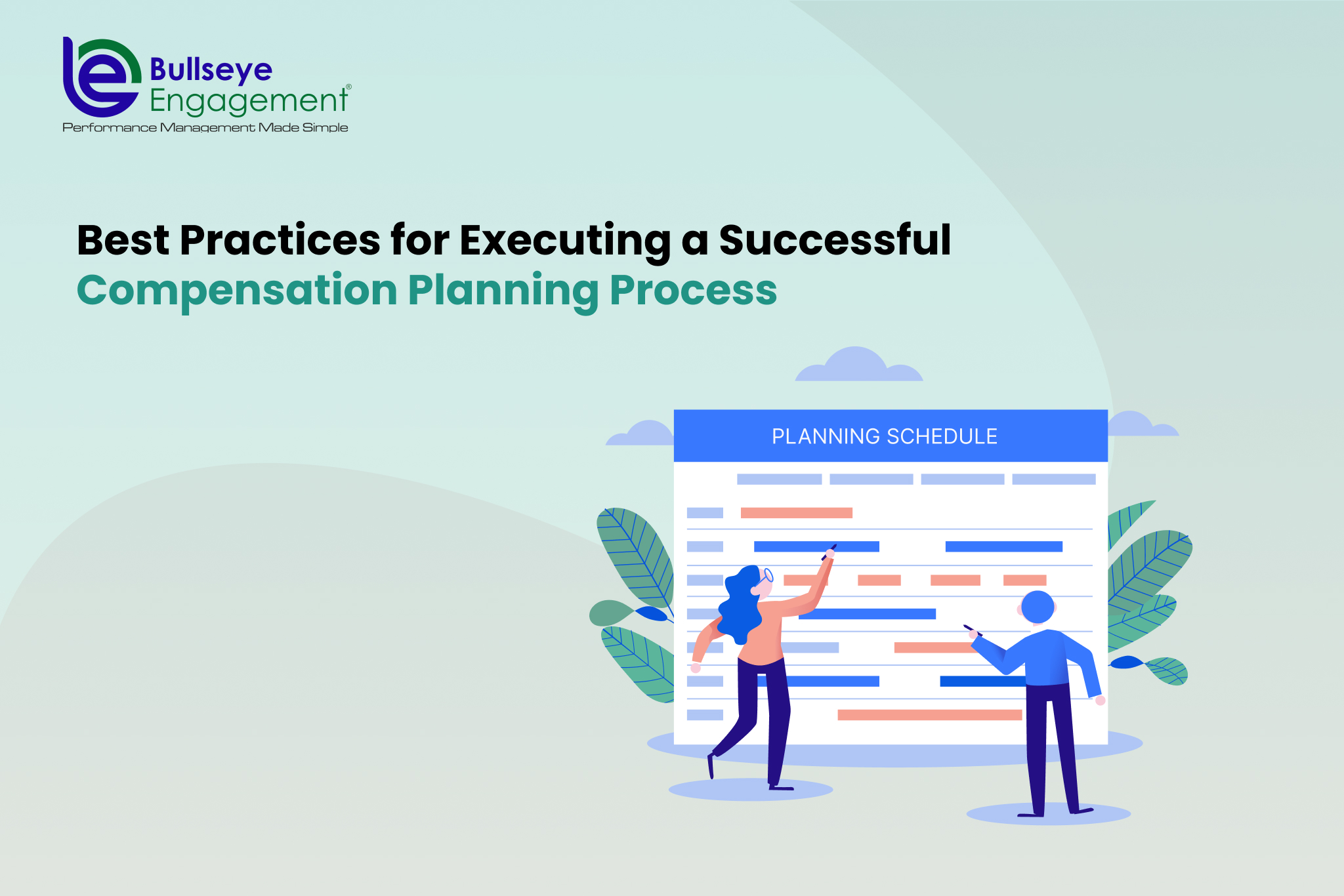 Many organizations ignore the need for a salary and incentive program, which if initiated can form baseline expectations of employees will well defined job descriptions along with performance goals and clear objectives.
Many organizations ignore the need for a salary and incentive program, which if initiated can form baseline expectations of employees will well defined job descriptions along with performance goals and clear objectives.
All forms of compensation, in particular base salary, must be accompanied by a defined set of expectations, which should be easily gauged. With documented expectations about your firm, your employees will have unambiguous instructions before them to execute tasks, and that additional performance with extended goals will lead to better compensation.
Here are 8 essentials required for any incentive plan. You may implement these points regardless of whether you want to develop a new incentive plan or aim to reconstruct your existing one.
Always begin with your firm’s strategic goals:
Your incentive plan must be aligned with your company’s strategic goals and initiatives. These comprise a solid financial growth plan, important additions to your team, product or service specialization, etc.
Develop a compensation philosophy
The purpose of your compensation philosophy should be to attract, retain, and motivate your valued staff.
Define eligible positions:
It’s a good idea to let everyone participate, but in some cases, you will only need a few hands or a particular set of people for a given task. Outline the goals and objectives you wish to achieve.
Identify the funding source:
Express the highest possible degree of fiscal responsibility, and also ensure controllability for each participant of your plan. To ensure that the plan is self-funded, you may use the following:
- Percentage of firm revenue
- Percentage of firm profit
- Percentage of firm profit exceeding a profit margin
Establish incentive drivers:
Business development, revenue growth,investment performance and client retention include those types of jobs that drive incentives. These can be determined according to team performance and individual performance.
Run the numbers to make sure they work:
You need to ensure that you know the potential cost of the plan. You must consider the possibility of a good year and a bad year, and be sure to project future growth.
Team Feedback:
Employee feedback is of immense importance. Ask your employees how they make their contributions to the organization. Only after this you may begin defining stretch goals.
Communicate and execute the plan:
When your plan is complete, you need to ensure that you will track and monitor it. This plan should be conveyed to your team as well so that they understand how everything works.
You need to determine the right blend of salary and incentives for each of your employees. Every firm settles with a mixture that suits their needs, and understands that compensation to some extent must be aligned with organizational objectives and employee performance in view of these objectives. Therefore, implementing a performance management system is crucial in building and implementing a structured incentive-driven compensation plan. Get a free demo for your performance management system today and create that blend of compensation that will drive your employees’ performance effectively.


